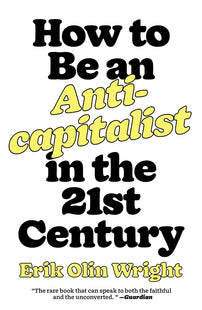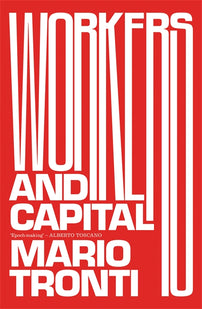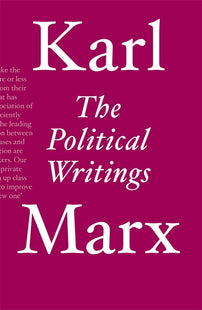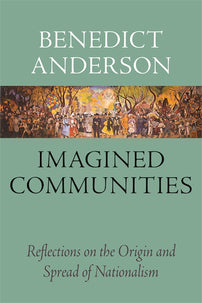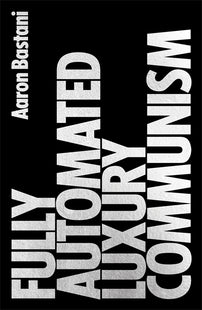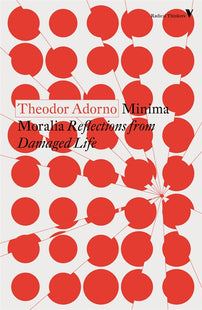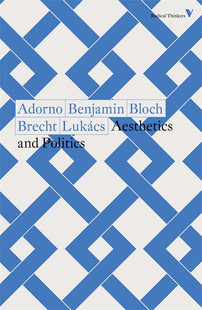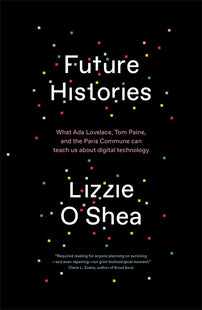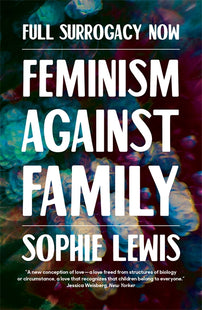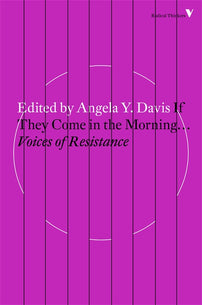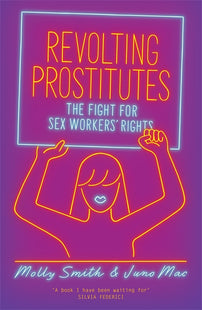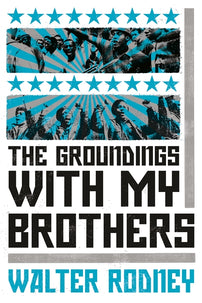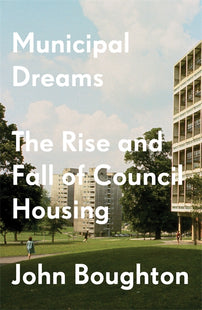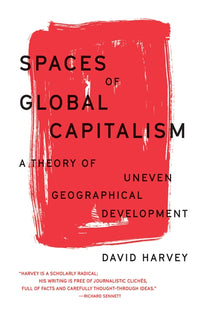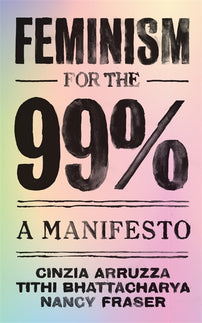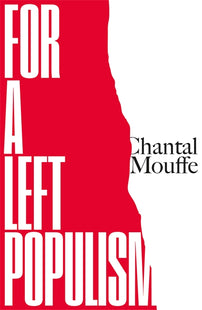New and Bestsellers in our Student Reading sale
All 50% off until September 30 at 23:59 EST as part of our Student Reading sale.
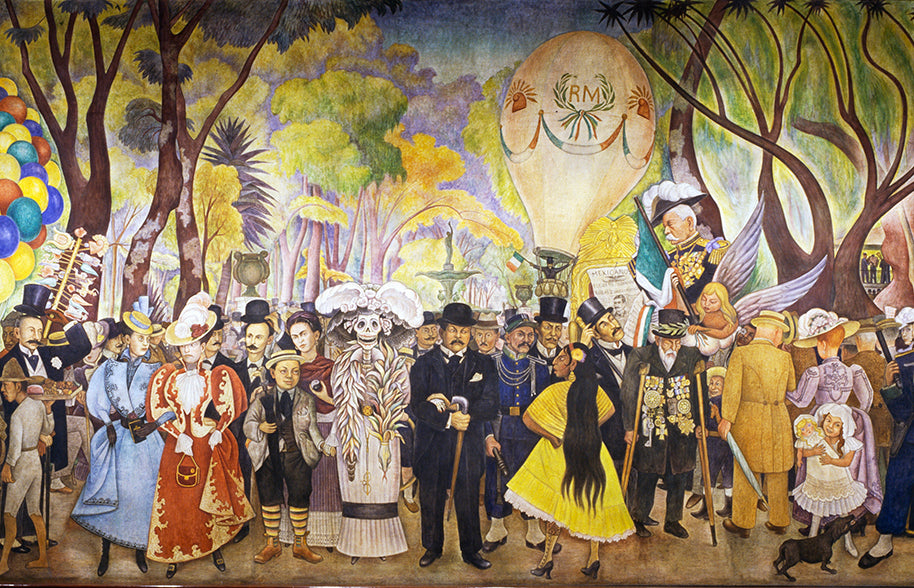
A list of new and bestsellers: all 50% off as part of our Student Reading sale (ends September 30th, 23:59 EST). See all the books included in the sale here.
[book-strip index="1" style="buy"]Erik Olin Wright has distilled decades of work into this concise and tightly argued manifesto: analyzing the varieties of anticapitalism, assessing different strategic approaches, and laying the foundations for a society dedicated to human flourishing. How to Be an Anticapitalist in the Twenty-First Century is an urgent and powerful argument for socialism, and an unparalleled guide to help us get there. Another world is possible. Included is an afterword by the author’s close friend and collaborator Michael Burawoy.
[book-strip index="2" style="buy"]Five decades since it was first published, Workers and Capital remains a key text in the history of the international workers’ movement, yet only now appears in English translation for the first time. Far from being simply an artefact of the intense political conflicts of the 1960s, Tronti’s work offers extraordinary tools for understanding the powerful shifts in the nature of work and class composition in recent decades.
[book-strip index="3" style="buy"]A beautifully designed week-to-view planner for keeping track of the year ahead. Alongside illustrations and book excerpts, it features significant radical dates from throughout history—including the English Civil War and Black Panther movement, through to the protests of 1968 and feminist emancipation, touching on the lives of revolutionaries such as Angela Davis, Rosa Luxemburg and Martin Luther King Jr.
[book-strip index="4" style="buy"]The Authoritarian Personality is not only one of the most significant works of social psychology ever written, it also marks a milestone in the development of Adorno’s thought, showing him grappling with the problem of fascism and the reasons for Europe’s turn to reaction. Over half a century later and with the rise of right-wing populism and the reemergence of the far-right in recent years, this hugely influential study remains as insightful and relevant as ever.
[book-strip index="5" style="buy"]All of Marx’s essential political writing in one volume.
[book-strip index="6" style="buy"]Lefebvre's classic analysis of daily life under capitalism in one complete volume.
[book-strip index="7" style="buy"]Much has been written on how colonized peoples took up British and European ideas and turned them against empire when making claims to freedom and self-determination. Insurgent Empire sets the record straight in demonstrating that these people were much more than victims of imperialism or, subsequently, the passive beneficiaries of an enlightened British conscience—they were insurgents whose legacies shaped and benefited the nation that once oppressed them.
[book-strip index="8" style="buy"]How did the dynamic economic system we know as capitalism develop among the peasants and lords of feudal Europe?
[book-strip index="9" style="buy"]The full magnitude of Benedict Anderson’s intellectual achievement is still being appreciated and debated. Imagined Communities remains the most influential book on the origins of nationalism, filling the vacuum that previously existed in the traditions of Western thought. Cited more often than any other single English-language work in the human sciences, it is read around the world in more than thirty translations.
[book-strip index="10" style="buy"]An exemplary work of political, economic, and historical analysis, powerfully introduced by Angela Davis.
[book-strip index="11" style="buy"]A panoramic account of the world’s leading writers and thinkers.
[book-strip index="12" style="buy"]A crisp, trenchant dissection of populism today.
[book-strip index="13" style="buy"]In Fully Automated Luxury Communism, Aaron Bastani conjures a vision of extraordinary hope, showing how we move to energy abundance, feed a world of 9 billion, overcome work, transcend the limits of biology, and establish meaningful freedom for everyone. Rather than a final destination, such a society merely heralds the real beginning of history.
[book-strip index="14" style="buy"]A reflection on everyday existence in the 'sphere of consumption of late Capitalism', this work is Adorno's literary and philosophical masterpiece.
[book-strip index="15" style="buy"]An intense and lively debate on literature and art between thinkers who became some of the great figures of twentieth-century philosophy and literature.
[book-strip index="16" style="buy"]In his brilliant new work, leading artist and writer James Bridle surveys the history of art, technology, and information systems, and reveals the dark clouds that gather over our dreams of the digital sublime.
[book-strip index="17" style="buy"]In engaging, sparkling prose, O’Shea shows us how very human our understanding of technology is, and what potential exists for struggle, for liberation, for art and poetry in our digital present. Future Histories is for all of us—makers, coders, hacktivists, Facebook-users, self-styled Luddites—who find ourselves in a brave new world.
[book-strip index="18" style="buy"]Rather than looking at surrogacy through a legal lens, Lewis argues that the needs and protection of surrogates should be put front and center. Their relationship to the babies they gestate must be rethought, as part of a move to recognize that reproduction is productive work. Only then can we begin to break down our assumptions that children “belong” to those whose genetics they share. Taking collective responsibility for children would radically transform our notions of kinship, helping us to see that it always takes a village to make a baby.
[book-strip index="19" style="buy"]Fredric Jameson takes on the allegorical form.
[book-strip index="20" style="buy"]With race and the police once more burning issues, this classic work from one of America’s giants of black radicalism has lost none of its prescience or power.
[book-strip index="21" style="buy"]In Revolting Prostitutes, sex workers Juno Mac and Molly Smith bring a fresh perspective to questions that have long been contentious. Speaking from a growing global sex worker rights movement, and situating their argument firmly within wider questions of migration, work, feminism, and resistance to white supremacy, they make clear that anyone committed to working towards justice and freedom should be in support of the sex worker rights movement.
[book-strip index="22" style="buy"]From one of the most prominent voices on the American left, a galvanizing argument for why we need socialism today.
[book-strip index="23" style="buy"]A remarkable book on the international operations of racism and the global meaning of Black Power.
[book-strip index="24" style="buy"]A narrative history of council housing—from slums to the Grenfell Tower. Urgent, timely and compelling, Municipal Dreams brilliantly brings the national story of housing to life.
[book-strip index="25" style="buy"]Neoliberalism is fracturing, but what will emerge in its wake?
[book-strip index="26" style="buy"]An essential introduction to the field of historical geography.
[book-strip index="27" style="buy"]An engaging, polemical romp through economic theory, computational complexity, and the history of planning, The People’s Republic of Walmart revives the conversation about how society can extend democratic decision-making to all economic matters. With the advances in information technology in recent decades and the emergence of globe-straddling collective enterprises, democratic planning in the interest of all humanity is more important and closer to attainment than ever before.
[book-strip index="28" style="buy"]Taking as its inspiration the new wave of feminist militancy that has erupted globally, this manifesto makes a simple but powerful case: feminism shouldn’t start—or stop—with the drive to have women represented at the top of their professions. It must focus on those at the bottom, and fight for the world they deserve. And that means targeting capitalism. Feminism must be anticapitalist, eco-socialist and antiracist.
[book-strip index="29" style="buy"]Our cities are changing. Samuel Stein shows that this explosive transformation of urban life and politics has been driven not only by the tastes of wealthy newcomers, but by the state-led process of urban planning.
[book-strip index="30" style="buy"]How two centuries of Indigenous resistance created the movement proclaiming “Water is life”
[book-strip index="31" style="buy"]A classic of twentieth-century thought, charting how society devours itself through the very rationality that was meant to set it free.
[book-strip index="32" style="buy"]What is the “populist moment” and what does it mean for the left?

